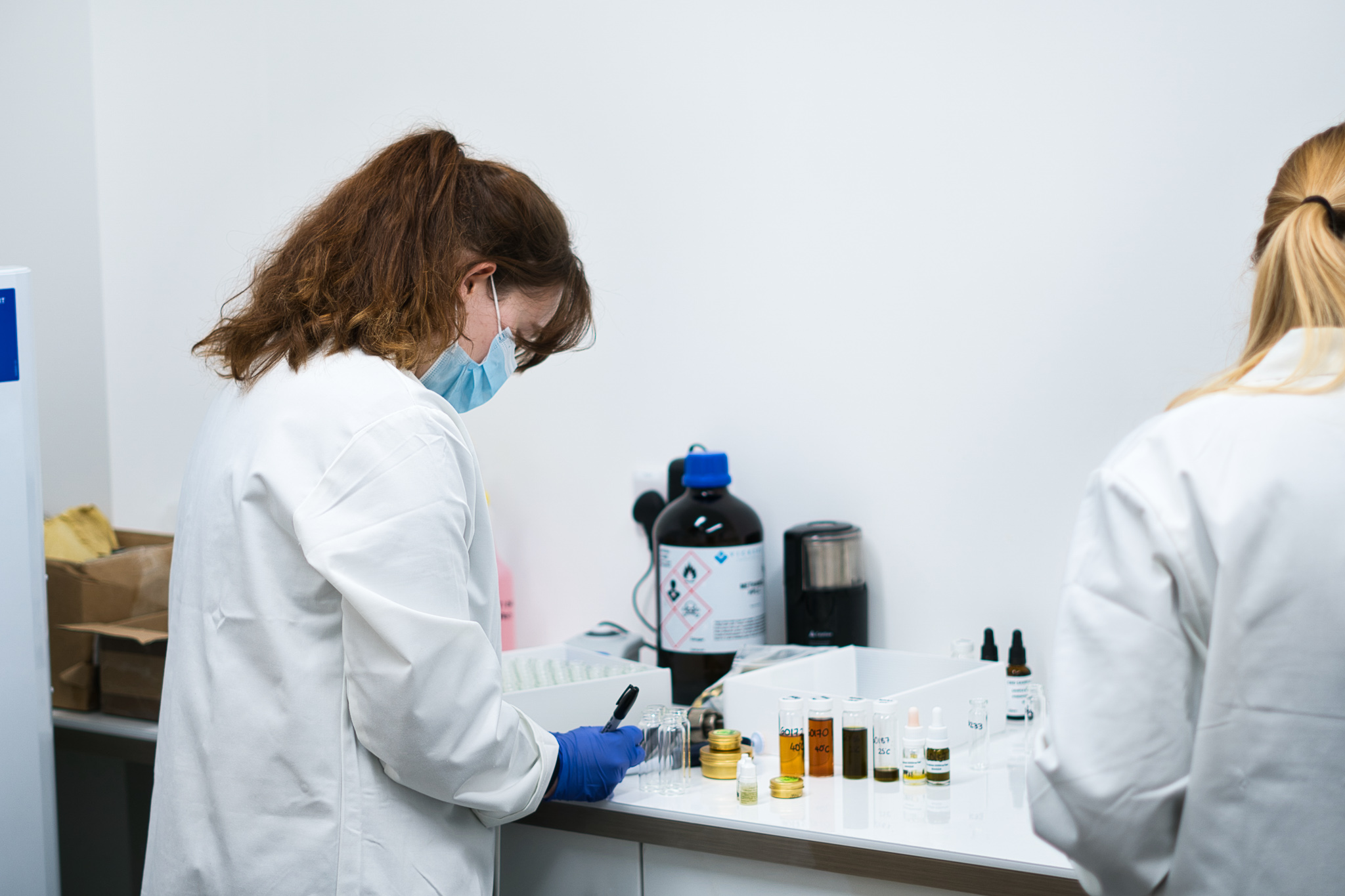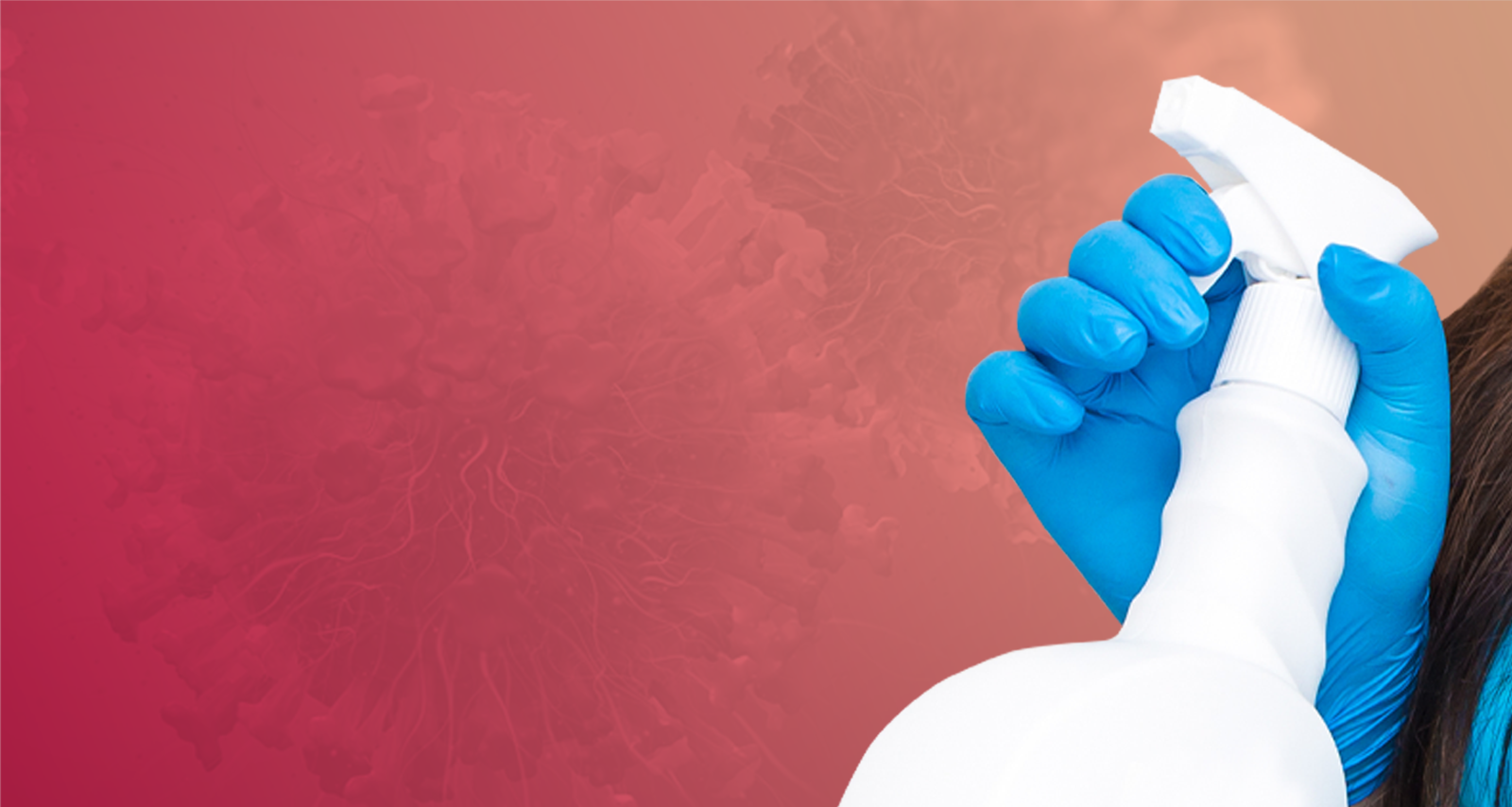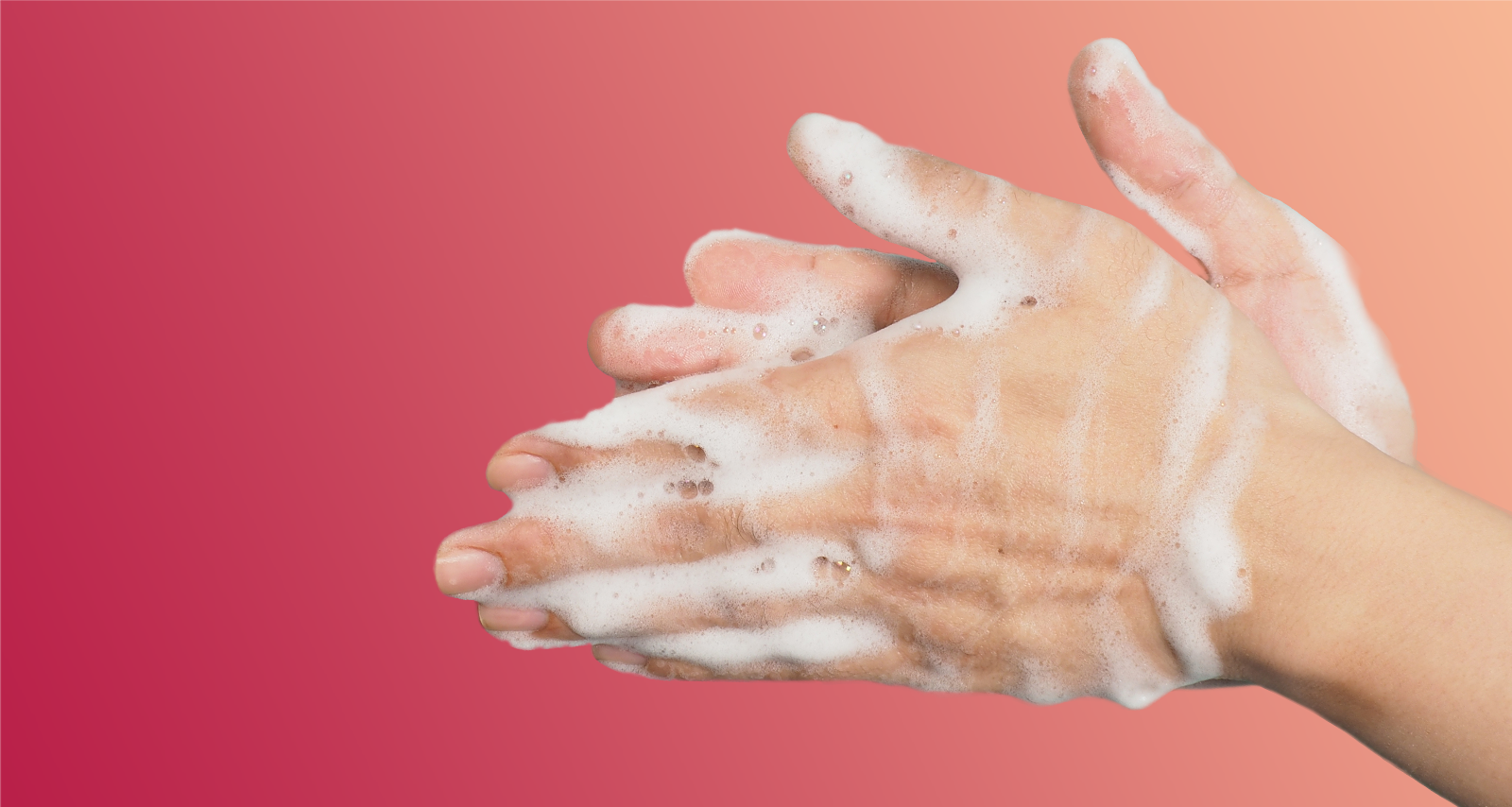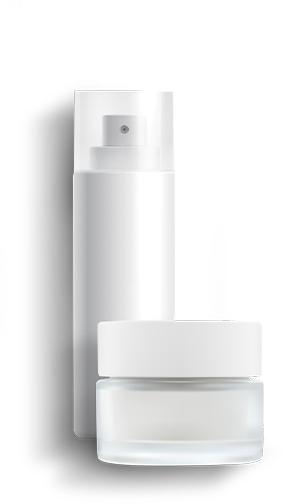BS EN 1650 is a European standard that outlines a test method for the evaluation of fungicidal or yeasticidal activity of chemical disinfectants and antiseptics. The standard provides a structured and standardised approach to assess the effectiveness of products in controlling or eliminating fungal and yeast pathogens. It is primarily relevant for products used in various settings where microbial control is critical. Here’s an overview of BS EN 1650 and the types of products it is relevant for:
Title:
BS EN 1650 – Chemical disinfectants and antiseptics – Quantitative suspension test for the evaluation of fungicidal or yeasticidal activity of chemical disinfectants and antiseptics used in food, industrial, domestic, and institutional areas.
Objective:
The primary objective of BS EN 1650 is to determine the ability of chemical disinfectants and antiseptics to effectively eliminate or control fungal and yeast pathogens.
Relevance to Products:
1. Disinfectants: BS EN 1650 is highly relevant for disinfectants used in various settings, including healthcare facilities, laboratories, and industrial environments. Disinfectants are crucial for controlling the spread of fungal and yeast infections in these settings.
2. Antiseptics: Antiseptics are relevant for personal hygiene and healthcare products. They are used to disinfect skin and other body surfaces to prevent infections. Testing antiseptics for fungicidal or yeasticidal activity ensures their effectiveness in preventing fungal and yeast infections.
3. Industrial Products: In industrial settings, products like cooling tower water treatment chemicals, mold inhibitors in paints and coatings, and products used in the preservation of various materials (e.g., wood, textiles) often contain fungicidal or yeasticidal agents. BS EN 1650 can be used to evaluate the effectiveness of these agents.
4. Food and Beverage Industry: The food and beverage industry relies on disinfectants and sanitisers to maintain hygiene and prevent microbial contamination. Fungal and yeast pathogens can spoil food products and pose health risks. BS EN 1650 is relevant for testing the fungicidal or yeasticidal activity of chemicals used in food processing and handling.
5. Domestic Products: Certain household products, such as surface disinfectants, cleaning agents, and personal care products, may contain antimicrobial agents designed to control fungi and yeasts. BS EN 1650 can be applied to evaluate the effectiveness of these agents in domestic settings.
Test Method:
BS EN 1650 specifies a quantitative suspension test method that involves inoculating the test microorganisms (typically Candida albicans and Aspergillus niger) onto surfaces, allowing contact with the product, neutralisation, and subsequent enumeration to assess the reduction in microbial populations.
Performance Criteria:
The standard establishes performance criteria that the tested product must meet, typically involving a specified reduction in the number of viable microorganisms compared to a control sample. BS EN 1650 is relevant for a wide range of products used in healthcare, industrial, domestic, and food-related applications, where the control of fungal and yeast pathogens is essential for safety, hygiene, and product quality. This standard ensures that such products are effective in their antimicrobial activity against fungi and yeasts.






